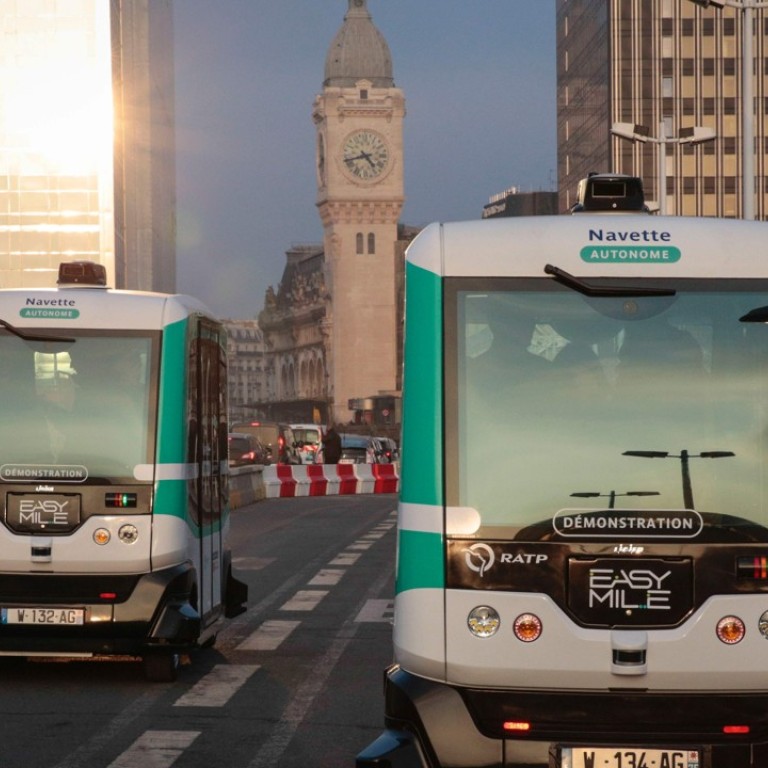
Will Hong Kong realise that electric vehicles are the future of transport?
Transport is one area in Hong Kong where there appears to be no serious attempt to make the changes needed over the next five to 15 years. Transport infrastructure has been a real success, but other related issues do not appear to have been addressed.
EVs are the future. Major car producers have announced their commitment to EVs and away from internal combustion engines – a decision driven by both environmental and financial considerations. The major contributor to pollution in Hong Kong is roadside vehicular emissions. Our pollution level is more than 1.9 times that of Tokyo, more than 1.6 times Singapore’s and more than three times that of New York. There are about 540,000 licensed passenger vehicles in the city powered by petrol or diesel, and increasing annually; plus about 18,200 taxis.
China to account for half of global electric vehicle sales until 2030
Electric autonomous vehicles (AVs) are being tested in 45 cities, including Singapore, and in South Korea and China. Another 21 are conducting studies. Where is Hong Kong – a territory that is ideally suited for the early adoption of AVs?
AVs would bring a marked drop in pollution, a reduction of over 60 per cent in the number of passenger vehicles, less congestion, freer movement of traffic and a substantial reduction in the number of accidents.
Hong Kong should be encouraging electric vehicle use, not curbing it
There would also be considerable financial savings, as a result of lower requirements for individual car ownership.
However, there would be a substantial increase in the demand for electricity, and then there are the vested interests – particularly taxi licence owners and taxi drivers.
Forward planning is required to deal with these two important issues. The government must demonstrate it is forward looking and take appropriate action immediately.
David Paterson, Mid-Levels

